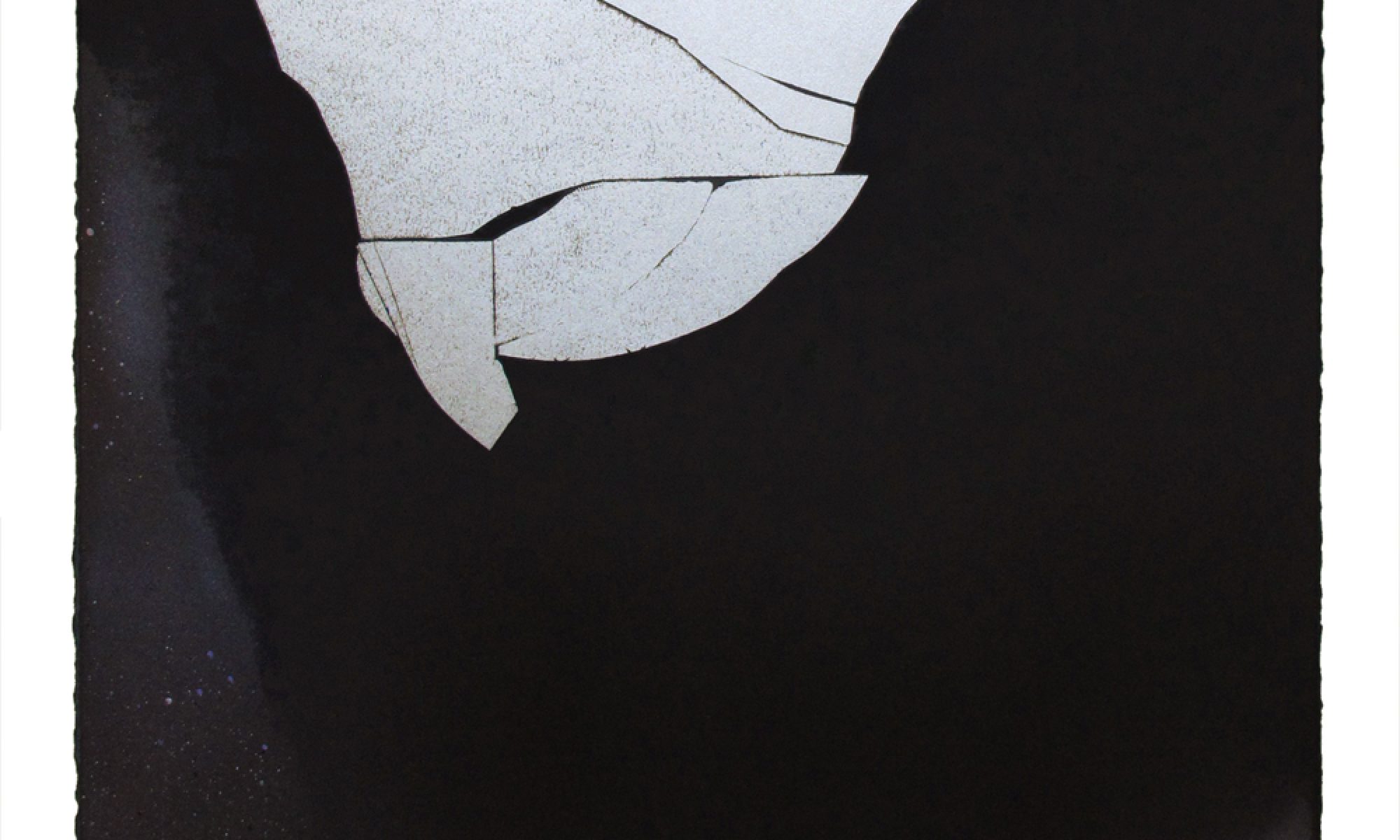A scene that I thought was profound occured in Chapter 13 of The Left Hand of Darkness. The event took place shortly after the main protagonist, Ai, was arrested by guards and taken to Kundershaden Prison. En route to the prison, Ai was forced to take refuge inside a dark, decrepit van with twenty-five other prisoners.
The tone was set as the journey began when one of the prisoners died from hemorrhaging due to previous injuries inflicted upon by the guards, presumably. More importantly, it was noted that once the prisoner was decided to no longer be of saving, the rest of the prisoners disregarded his suffering as “there was nothing to be done.” The only person who offered some semblance of care was Ai, who took the grieving man’s head onto his knees so that he may die more peacefully. Upon reading this passage, I immediately thought of how careless the other prisoners were to not even try to ail the man in any way. Going forward, I thought that this apathetic behavior was all that would be shown from these prisoners. Therefore I was shocked when I found out that they could be cooperative and kind to one another a few paragraphs later.
When the van got too cold, the prisoners would huddle together for warmth – even going as far as to note who was more susceptible to the cold and to put them in the middle. When the meager jug of water was passed around inside the van, “no one ever tried to get much more than his share,” which exemplified how they were unselfish on some accords. However, in that same paragraph, it is said that when one prisoner kept missing his opportunity to get a share of the water, nobody bothered to see that he got a portion. It occurred to me that the prisoners only showed kindness if it didn’t get in the way of their own needs and ambitions, so to say.
This concept is underlined even more when Ai says, “It is a terrible thing, this kindness that human beings do not lose. Terrible, because when we are finally naked in the dark and cold, it is all we have.” An interpretation of this quote could be seen as humans only act out of kindness when they have nothing else to lose for it. That if caring for a sickly person meant that you had to exert more energy than you needed to, then it wasn’t worth helping them; but if you had something to gain from cooperation, like warmth or water, then it was the time to act kind.
After reading this scenario, it made me think back to more recent times when people who were privileged grew frustrated when affirmative action was given to people who were relatively disparaged to themselves. They thought that affirmative action meant unfair treatment, when in fact the playing ground was never the same to begin with. So, if giving aid to those who are disadvantaged is an act of inequality, then what does it truly mean to be equal?
